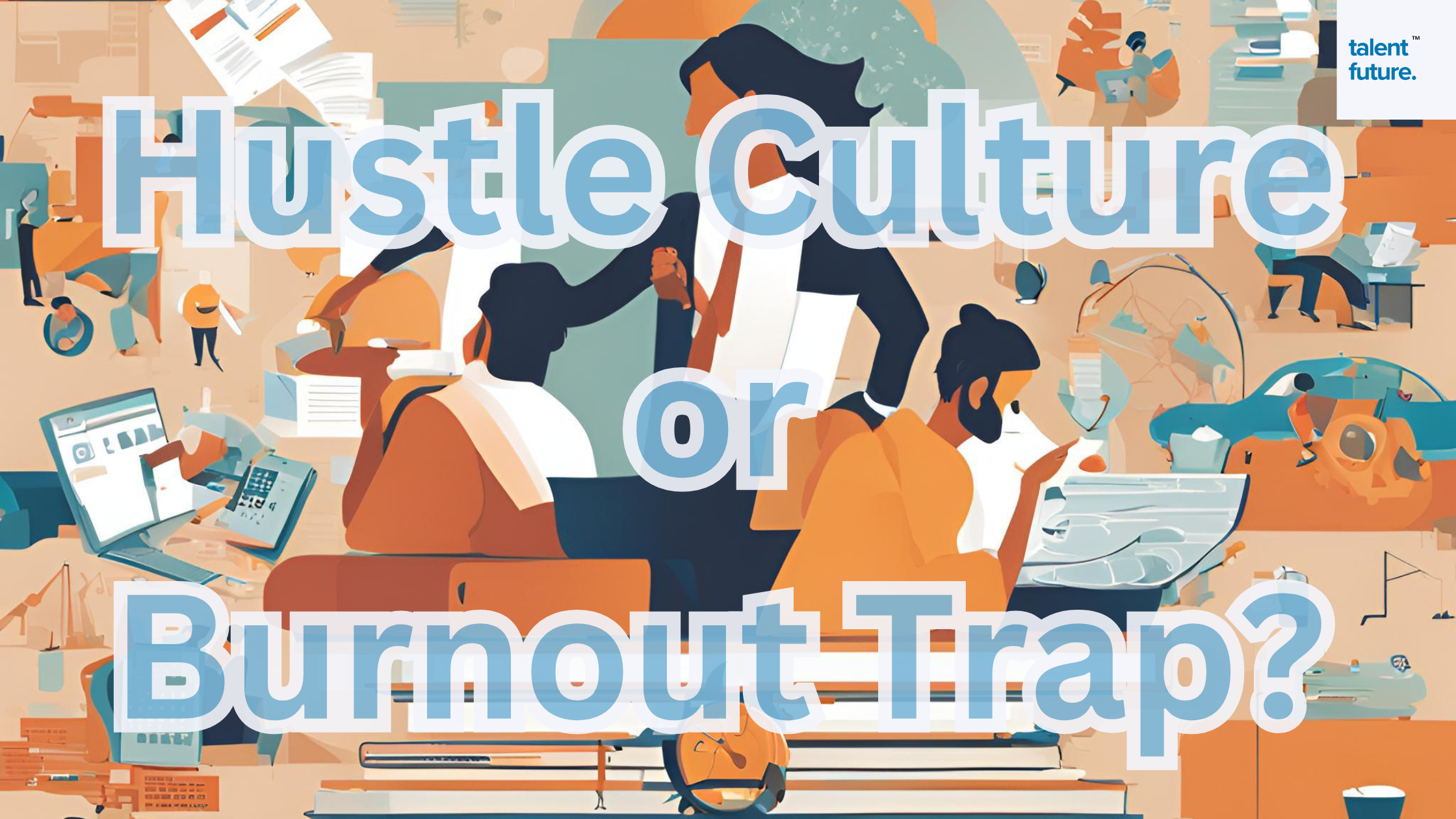70/90-Hour Workweeks: Hustle Culture or Burnout Trap?
In recent years, the discourse surrounding extended workweeks, particularly the notion of 70-hour or even 90-hour workweeks, has gained significant traction in India. This conversation has been fueled by prominent industry leaders advocating for longer working hours as a means to propel economic growth and enhance national productivity. However, this perspective has ignited a robust debate, with critics cautioning against the potential adverse effects of such a demanding work culture, including burnout, mental health issues, and a diminished quality of life.
Advocacy for Extended Workweeks
Narayana Murthy, co-founder of Infosys, has been a vocal proponent of longer work hours. He suggests that young Indians should be prepared to work 70 hours a week to enhance the nation's productivity and economic standing. Murthy believes that adopting such a work ethic is crucial for India's development. Similarly, S.N. Subrahmanyan, Chairman of Larsen & Toubro, has proposed even more extended work hours, suggesting a 90-hour workweek. He contends that extraordinary efforts are necessary to achieve success and questions how employees utilize their time outside of work. Subrahmanyan implies that increased time in the office could lead to greater productivity and, consequently, economic advancement.
These perspectives are rooted in the belief that hard work and long hours are essential for both individual and national success. Proponents argue that in a competitive global economy, such dedication is necessary to elevate India's position and drive economic growth.
The Rise of Hustle Culture
Hustle culture glorifies relentless work and the constant pursuit of success, often at the expense of personal well-being. This mindset promotes the idea that long hours and continuous effort are the primary paths to achievement. In India, this culture has gained traction, especially among the youth striving to make their mark in competitive industries.
The proliferation of hustle culture is evident in various sectors, particularly in the corporate and startup ecosystems. Young professionals are often encouraged to prioritize work above all else, embracing the notion that success is directly correlated with the number of hours invested. This cultural shift has been further amplified by social media, where stories of individuals working tirelessly to achieve their goals are frequently celebrated.
Government Policies on Work Hours and Work-Life Balance
The Indian government has established regulations aimed at safeguarding workers' rights and promoting a healthy work-life balance. These policies are designed to ensure that employees are not subjected to excessive work hours and that their well-being is prioritized.
According to the Factories Act of 1948, the standard workday in India is set at nine hours, with a maximum of 48 hours per week. Any work beyond these hours is considered overtime and must be compensated accordingly. The law also mandates adequate rest periods and requires employers to provide at least one day off per week to ensure that workers have sufficient time to rest and recuperate.
Despite these regulations, enforcement remains a significant challenge. Many workers, particularly in the informal sector, often work beyond the stipulated hours without receiving appropriate compensation or rest periods. This discrepancy highlights the need for more robust enforcement mechanisms and greater awareness among workers regarding their rights.
Consequences of Overwork
While the drive to work harder can lead to short-term gains, the long-term consequences of sustained overwork are concerning. Studies have shown that excessive work hours are linked to increased stress, anxiety, and burnout. In India, a significant number of employees report high levels of burnout, with many feeling that the relentless pursuit of productivity is taking a toll on their mental and physical health.
The physical and mental health implications of overwork are profound. Chronic stress resulting from prolonged work hours can lead to a range of health issues, including cardiovascular diseases, depression, and weakened immune function. Moreover, the lack of adequate rest and recovery time can impair cognitive functions, reducing overall productivity and efficiency.
Tragic Illustrations of Burnout
The dangers of an unchecked hustle culture have been tragically highlighted by incidents such as the death of Anna Sebastian Perayil, a 26-year-old accountant at Ernst & Young in Pune. Just four months into her role, Anna's life was cut short, with her family attributing her untimely passing to the overwhelming work pressure and stress she faced. This incident has sparked a broader conversation about the sustainability of current work practices in India's corporate sector.
Anna's story is not an isolated case. Across various industries, there have been reports of young professionals succumbing to the pressures of demanding work environments. These tragedies underscore the urgent need to reevaluate organizational cultures that prioritize output over employee well-being.
Balancing Ambition and Well-being
While ambition and hard work are valuable traits, it's essential to balance them with self-care and reasonable work boundaries. Organizations and individuals alike must recognize that sustainable success is built on a foundation of healthy, well-rested, and motivated employees. Implementing policies that promote work-life balance, such as flexible working hours, mental health support, and reasonable workload expectations, can help mitigate the risks associated with overwork.
Companies that have embraced such policies often report higher employee satisfaction, reduced turnover rates, and improved performance. By fostering a culture that values work-life balance, organizations can cultivate a more engaged and productive workforce.
Conclusion
The debate over 70/90-hour workweeks encapsulates the tension between the desire for rapid progress and the need to maintain individual well-being. As India continues to evolve on the global stage, it is crucial to foster a work culture that values productivity without compromising the health and happiness of its workforce.
In conclusion, while the advocacy for extended workweeks stems from a desire to accelerate national development, it is imperative to consider the human cost associated with such demands. A balanced approach that harmonizes ambition with well-being is essential for sustainable progress.


